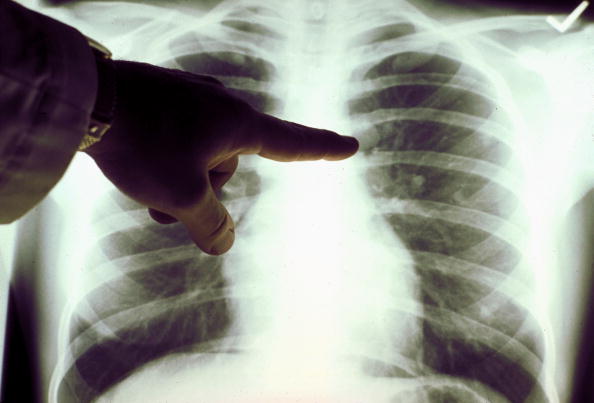
The Food and Drug Administration (FDA) has granted an accelerated approval for a pill that could treat people with advanced lung cancer and a specific gene mutation and who didn't respond to conventional therapies.
The FDA has approved Tagrisso (osimertinib) of AstraZeneca to treat patients diagnosed with advanced NSCLC (non-small cell lung cancer) with tumors responsive to mutation of T790M, an epidermal growth factor receptor, which promotes a more aggressive growth of the cancer cells.
Based on the FDA's press release on Friday, Nov 13, the drug has shown its ability to reduce the size of the tumor during clinical trials participated by more than 400 patients. The participants were confirmed to have both NSCLC and T790M and whose condition worsened even after taking medications that were supposed to inhibit the specific mutation. On the two studies, more than 55% and 60% respectively experienced significant tumor size reduction after taking the Tagrisso pill.
The FDA has also simultaneously approved a diagnostic test called cobas EFGR mutation test, which will be marketed by Roche Molecular Systems. As a companion diagnostic of the medication, it's an examination to confirm whether the lung cancer patient has the specific gene mutation before the drug can be provided.
The FDA release also outlined the possible side effects of the medication including but not limited to dry skin, diarrhea, and lung inflammation. It may also be damaging to the fetus and to the heart.
By being granted with accelerated approval status, the drug has shown significant potential to be beneficial to its intended patients. Patients will also have access to the new pill even if the company still has to continue with its clinical trial.
According to American Cancer Society, lung cancer is the leading cause of cancer death for both men and women. NSCLC accounts for at least 80% of all lung cancer cases. At its most advanced stages, the survival rate is between 1 and 14%.
